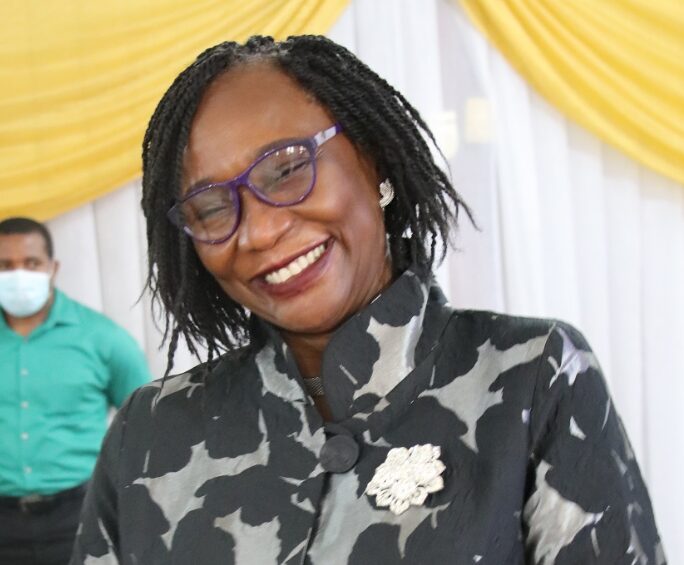Manipulating the uneducated and illiterate is a tactic often employed in corrupt business and politics, exploiting their vulnerability and lack of knowledge. This sentiment is echoed by Esther Pauline Lederer, a well-known personal advice columnist, author, and radio host, who emphasizes the importance of education as an investment, warning against the costly consequences of ignorance.
Nigeria finds itself in a precarious situation regarding its education sector, as successive governments have failed to adequately address its challenges. Despite being dubbed the leaders of tomorrow, Nigerian youth are hindered by the systemic failures within the education system, perpetuating a bleak outlook for their future. Professor Folasade Ogunsola, the Vice-Chancellor of the University of Lagos (UNILAG), highlights the urgent need to address the funding crisis in tertiary education and reverse policies detrimental to its growth.
Professor Ogunsola cites dwindling government funding, rising inflation, and the depreciation of the naira as factors necessitating a fee increase in universities. Over the past decade, stagnant student fees coupled with diminishing government support have made it increasingly difficult for universities to meet their financial obligations and maintain quality education standards. As a result, many federally funded universities, including UNILAG, have opted to raise mandatory fees to sustain operations.
The decline in government allocations towards research, infrastructure, and faculty support further exacerbates the challenges faced by universities. Despite the rising cost of running educational institutions, government funding has dwindled, leaving universities with limited resources to fulfill their mandate of academic excellence and societal development.

Ogunsola
To address these issues, Professor Ogunsola emphasizes the need for adequate and sustainable funding, as well as investment in manpower, equipment, and facilities to enhance the quality of education. She advocates for a significant increase in government spending on education, proposing that the country allocate up to 6% of its GDP or 15-20% of its public expenditure to fund education. However, she acknowledges that Nigeria falls short of meeting even the minimum recommended allocation for education, further underscoring the urgency of addressing the funding crisis to secure the future of the nation’s youth and the prosperity of the country as a whole.
Source: guardian.ng










